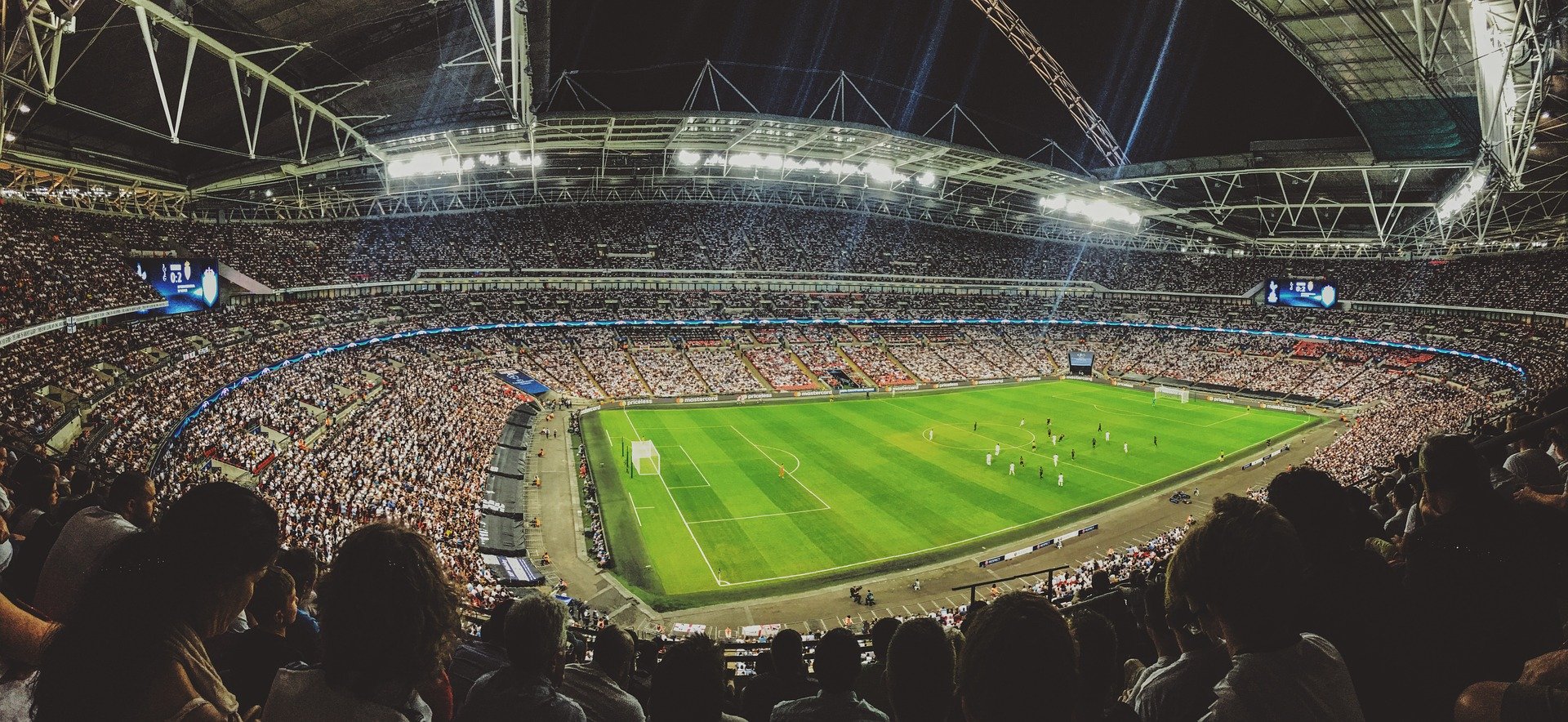The European Super League was first officially announced on April 18th. Overnight, fans, pundits and commentators alike spoke out in unanimous opposition of the self-serving, proposed alternative to the UEFA Champions League, and have continued to do so up until the time of writing. Supporters came out in swathes to protest the so-called “super league”, putting aside differences in alliance to their individual clubs, united in their opposition to the breakaway league.
The main issue that supporters have raised against the proposed league is the lack of competition. Unlike the Champions League, which plays the top clubs from the English, Spanish, French, Italian, German and Turkish national leagues against each other, the Super League was going to have 15 founding clubs, all of which were guaranteed a place in the annual competition with no threat of being relegated. Just 5 spots each year would have been left to play for, and for the smaller clubs to fight over, ultimately meaning that the biggest and best financially backed teams would be guaranteed to play each other every year, no matter how they performed domestically.
This format, to no surprise, would have been incredibly efficient at lining the pockets of the clubs involved. Access would open up to better financing due to the ability to borrow against more stable earnings, on account of the fact that the highest revenue games would be guaranteed to be played on an annual basis. Added to this the league founders would have been able to agree on set wage limits, and sell lucrative broadcasting rights, increasing their revenue even further. An infrastructure grant of €3.25 billion was also intended to be made available, put up by JPMorgan Chase, and given out in the form of a “welcome bonus” to participating clubs. If the financial benefit to stakeholders still remained in any doubt, it became abundantly apparent the day after the Super League was announced, in the prices of Manchester United and Juventus shares, increasing by 7% and 18% respectively.
The scheme is now crumbling before its inventor’s eyes however, with Manchester City becoming the first team out of the “big six” English teams to withdraw from the ESL on Tuesday evening, closely followed by Chelsea and then Manchester United, Liverpool, Tottenham and Arsenal. Following on from the English club’s departure from the Super League, on Wednesday morning Atletico Madrid, Inter Milan and AC Milan also all withdrew, at the time of writing leaving only Barcelona, Real Madrid and Juventus out of the original 12 clubs remaining.
The fallout from the last three day’s events have been both vast, and consequential for football. Manchester United’s Executive Vice Chairman Ed Woodward has announced he is stepping down due to the saga, and earlier today Liverpool Owner John W. Henry issued an apology to fans for what he referred to as the “disruption” caused by the league. Juventus Chairman Andrea Agnelli, despite still being officially onboard with the project, said that it would be unfeasible without the participation of the Premier League “big six”, effectively rendering the ESL completely defunct. Further to this Manchester United Co-Chairman Joel Glazer says the club “apologise[s] unreservedly for the unrest” caused, in a rare statement.
Although tempting to view this significant episode in European football history as a victory for the fans, this should be done so with the upmost caution. The apologies and comments we have seen today, are as much about saving face and reclaiming the embers of their clubs from this car crash of a proposed project, as they are a true reflection of owners compassion for the fans. Gary Neville rightly refers to these elitist owners that now dictate the course of football and fair competition as “imposters” after the incident. Whilst supporters can celebrate the victory in overturning the doomed Super League, the battle over ownership raging between fan’s interests and cooperate interests is by no means over.
Evan Holt
Image source: Pixabay

